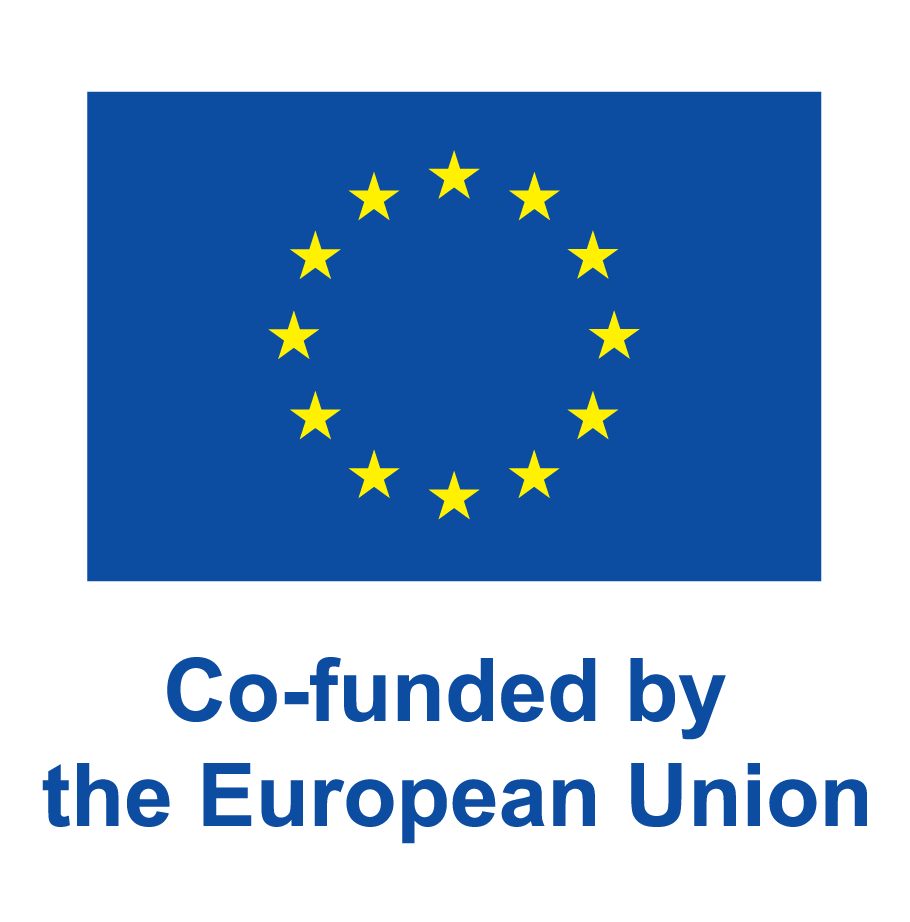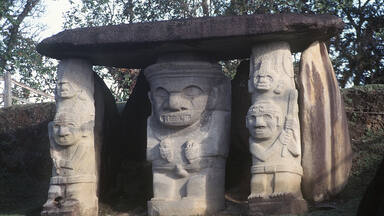The implementation in the countries and cities aims to mobilize and train national and local teams, providing capacity building materials and strengthening data collection and analysis processes. For each country and city, the implementation will contribute to targeted dissemination and advocacy. Through these activities, the countries and cities will operationalize and test an innovative tool that enables national and local authorities to measure the contribution of culture to the implementation of the 2030 Agenda for Sustainable Development. The outcome of the data collected will be reflected in the elaboration of culture profiles, providing the outlook of the role and contribution of culture to sustainable development across the four thematic dimensions of the framework.
Partners
The UNESCO Culture|2030 Indicators framework is implemented by Member States at national and urban level on a voluntary basis. The first phase of implementation for the period 2021-2022 is supported by the generous contributions of the Spanish Agency for International Development Cooperation (AECID), the Swedish International Development Cooperation Agency (Sida), the European Union, as well as UNESCO Regional Bureau for Science and Culture in Europe, located in Venice, Italy.
Implementation Modality
Implementation of the UNESCO Culture|2030 Indicators framework is envisioned over 5 main steps
To ensure a coherent application of the UNESCO Culture|2030 Indicators’ methodology and verifiable outputs, three levels of implementation are identified for each Member States taking part in the initiative:
National / Local
- National/Local Lead Partner
- National/Local Implementation team
- UNESCO Field Office
- UNESCO National Commission
Regional
- UNESCO Regional Experts
International
- UNESCO World Heritage Centre Team
- UNESCO International Experts
Member States
Discover the Member States taking part in the first phase of implementation of the UNESCO Culture|2030 Indicators in 2021-2022 at national and urban levels













